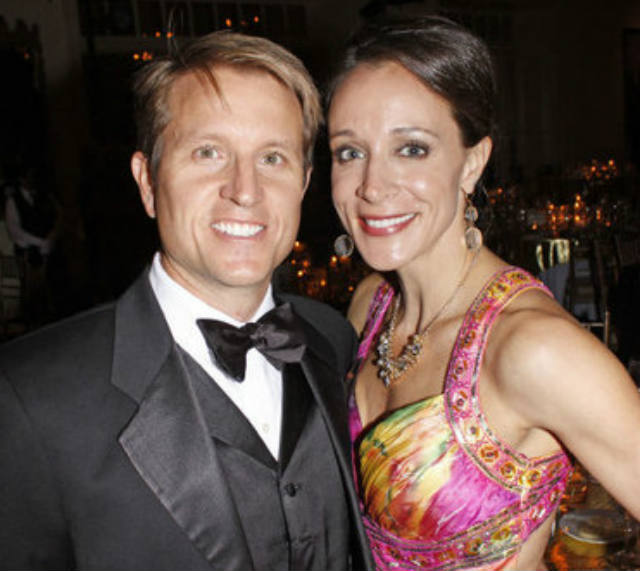
Back in July, New York Times “Ethicist” columnist Chuck Klosterman got an odd letter from an anonymous husband — and many now are wondering if the husband of Gen. David Petraeus’ mistress Paula Broadwell was seeking some advice.
Nobody’s admitting to writing the letter to Klosterman, but it’s sure raising some eyebrows in the wake of the news that former CIA director Petraeus had an affair. Here’s the question:
My wife is having an affair with a government executive. His role is to manage a project whose progress is seen worldwide as a demonstration of American leadership. (This might seem hyperbolic, but it is not an exaggeration.) I have met with him on several occasions, and he has been gracious. (I doubt if he is aware of my knowledge.) I have watched the affair intensify over the last year, and I have also benefited from his generosity. He is engaged in work that I am passionate about and is absolutely the right person for the job. I strongly feel that exposing the affair will create a major distraction that would adversely impact the success of an important effort. My issue: Should I acknowledge this affair and finally force closure? Should I suffer in silence for the next year or two for a project I feel must succeed? Should I be “true to my heart” and walk away from the entire miserable situation and put the episode behind me? NAME WITHHELD
Klosterman, in his reply, seemed skeptical of the writer’s intentions for exposing the affair in such a public forum:
Don’t expose the affair in any high-profile way. It would be different if this man’s project was promoting some (contextually hypocritical) family-values platform, but that doesn’t appear to be the case. The only motive for exposing the relationship would be to humiliate him and your wife, and that’s never a good reason for doing anything. This is between you and your spouse. You should tell her you want to separate, just as you would if she were sleeping with the mailman. The idea of “suffering in silence” for the good of the project is illogical. How would the quiet divorce of this man’s mistress hurt an international leadership initiative? He’d probably be relieved.
The fact that you’re willing to accept your wife’s infidelity for some greater political good is beyond honorable. In fact, it’s so over-the-top honorable that I’m not sure I believe your motives are real. Part of me wonders why you’re even posing this question, particularly in a column that is printed in The New York Times.
Your dilemma is intriguing, but I don’t see how it’s ambiguous. Your wife is having an affair with a person you happen to respect. Why would that last detail change the way you respond to her cheating? Do you admire this man so much that you haven’t asked your wife why she keeps having sex with him? I halfway suspect you’re writing this letter because you want specific people to read this column and deduce who is involved and what’s really going on behind closed doors (without actually addressing the conflict in person). That’s not ethical, either.
Nobody’s admitting to writing the letter, particularly not Dr. Scott Broadwell, Paula’s husband.
Kind of makes you wonder if that letter writer, after getting slapped around a bit by Klosterman, turned to Dear Abby? or Doctor Phil?